October 7, 2016
Green buildings improve occupant’s cognitive function and health 0
New evidence which supports the argument for the Well building concept as new research suggests that compared to people in high-performing buildings without a green certification, occupants of high-performing, certified green buildings had nearly a third (30 percent) fewer sick building symptoms, a 6.4 percent higher sleep quality score and a 26.4 percent higher cognitive function score. The new study from Harvard University and SUNY Upstate Medical University, supported by United Technologies suggests that there may be an even greater benefit to working in green certified buildings than originally thought. “The Impact of Working in a Green Certified Building on Cognitive Function and Health,” demonstrates the importance of green-certified buildings to the health of occupants – particularly for office workers whose health, productivity, decision-making, and sleep could greatly benefit.









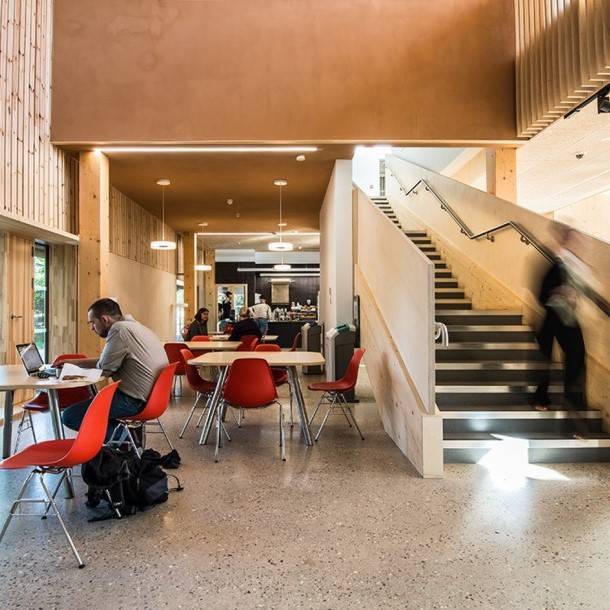
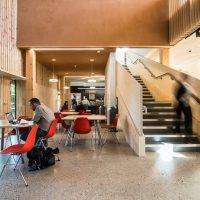


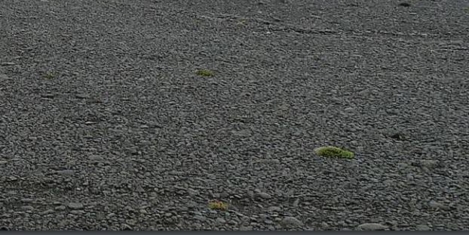



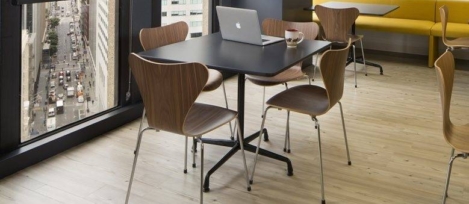
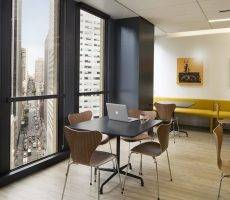


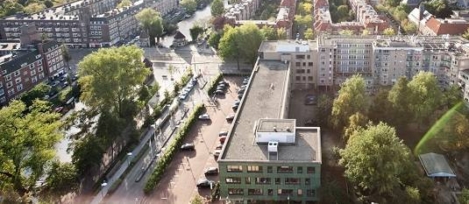
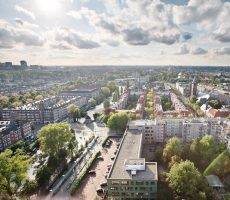













October 7, 2016
Are we seeing the workification of home or the homification of work? 0
by Anna King • Comment, Flexible working, Workplace design
(more…)